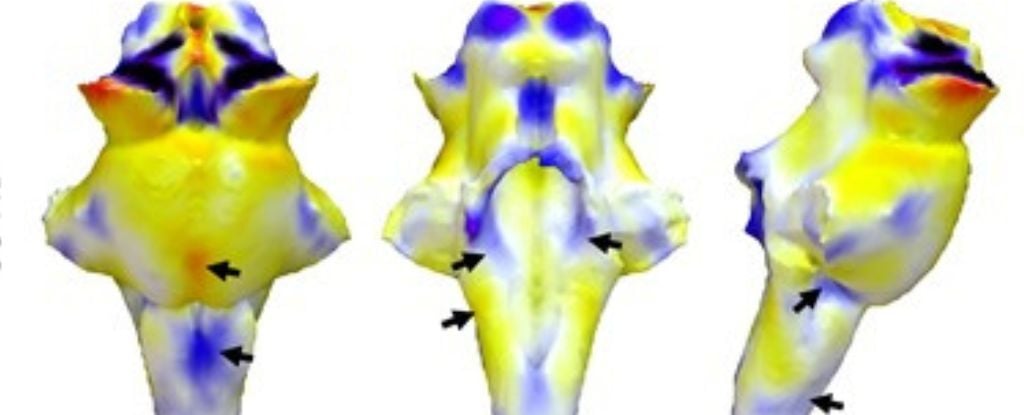The exact nature of long COVID is still coming to light, but we just got some of the best evidence yet that this debilitating condition stems from a brain injury.
Using high-resolution scanners, researchers at the Universities of Cambridge and Oxford have shown microscopic, structural abnormalities in the brainstems of those recovering from COVID-19.
Signs of brain inflammation were present up to 18 months after first contracting the SARS-CoV-2 virus.
“We show that the brainstem is a site of vulnerability to long-term effects of COVID-19, with persistent changes evident in the months after hospitalization,” the authors of the study conclude.



The most common “symptom” of Long Covid (Long Covid is really just an umbrella term) is ME/CFS which has existed long before Corona. So the chance is big that other diseases can cause similar damage. Epstein-Barr-Virus is already known to also lead to ME.
But reducing it just to the brain seems too simple for me. I’m pretty sure I’ve read of similar damage in other organs as well. And as someone with Long Covid it feels like my whole body is fighting some kind of inflammation. My guess is that it’s somewhere in the immune system. But the immune system isn’t just a single organ either, making this extra hard to pin down.
Mind you, it doesn’t help being gaslit by doctors for decades either.
I came in to say something similar about it being in other organs. I remember a study being done where they found COVID in guys’ testicles, potentially causing fertility issues. And I remember it because I remember thinking, “Maybe they’ll take long COVID seriously now that their balls are on the line.”
Only took one course of immunology, and oh boy was it complicated. If there’s something wrong with the immune system, good luck trying to figure out how that works, let alone how to control it. It’s not completely hopeless, but it is a major undertaking, just like the human genome project once was.